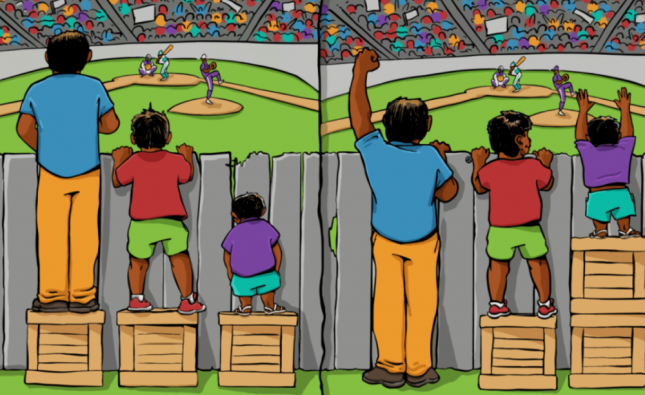
Introduction
In today’s interconnected world, international relations and policy making have become crucial for navigating global politics. From trade deals to security alliances, every decision made by governments can have far-reaching consequences that shape the course of history. In this blog post, we will explore the fascinating world of international relations and policy making, delving into the intricacies of diplomacy and power dynamics between nations. Join us as we embark on a journey through some of the most critical issues facing our world today and gain a deeper understanding of how decisions are made on a global scale.
The Role of International Organizations in Policy Making
Since the end of World War II, international organizations (IOs) have increasingly been used by states to make and implement policy. The United Nations (UN) is the most well-known IOB, but there are many others, including the North Atlantic Treaty Organization (NATO), the European Union (EU), and the G8.
Each IOB has its own structure, mandate, membership, and procedural rules. But all IOBs share three basic functions: providing a forum for addressing global problems; contributing to regional stability and cooperation; and providing support for state-building efforts.
The UN has played an especially important role in global policymaking over the past several decades. In theory, the UN should not be able to solve world problems because member states are supposed to have jurisdiction over their domestic affairs. However, because of its prominent role in promoting human rights and democracy around the world, the UN has been successful in convincing member states to give it a greater role in world affairs.
One way that the UN has increased its influence is through binding treaties. For example, the UN Security Council passed Resolution 741 in 1991 calling for sanctions against Iraq after Iraq’s invasion of Kuwait. This resolution was binding on all UN members, who were required to comply with it even if they did not want to participate in military action against Iraq.
The UN also uses non-binding resolutions as ways to bring about change without having to resort to force or vetoes by
The Challenges of International Relations and Policy Making
One of the most important aspects of international relations is policy making. Policy making is the process of formulating and implementing plans or ideas that will result in a desired outcome. There are many challenges involved in policymaking, one of which is navigating global politics.
There are a number of factors to consider when crafting a policy. One factor is the national interest, which refers to the interests of a country as determined by its leaders. Other considerations include factors such as geopolitics, economics, and public opinion. Policies must also be sustainable over time in order to be effective. If a policy fails to meet any one of these criteria, it may not be successful and may have negative consequences for the country involved.
Policymaking can be difficult because there are numerous competing interests at play around the world. This makes it difficult to come up with solutions that everyone can support. Additionally, policies must be able to withstand political pressure from various sides, which can be difficult given the current climate in global politics.
Despite these challenges, policymakers continue to work on behalf of their countries in an effort to create successful policies that will benefit all involved parties.
Conclusion
In order to understand the dynamics of global politics, it is important to have an understanding of international relations and policymaking. This article provides a brief overview of these two concepts and how they are interconnected. By understanding both the theoretical underpinnings of international relations and how policymakers make decisions in response to global events, students can develop a more nuanced view of world affairs. Armed with this knowledge, they can better engage with issues and make informed political choices.










